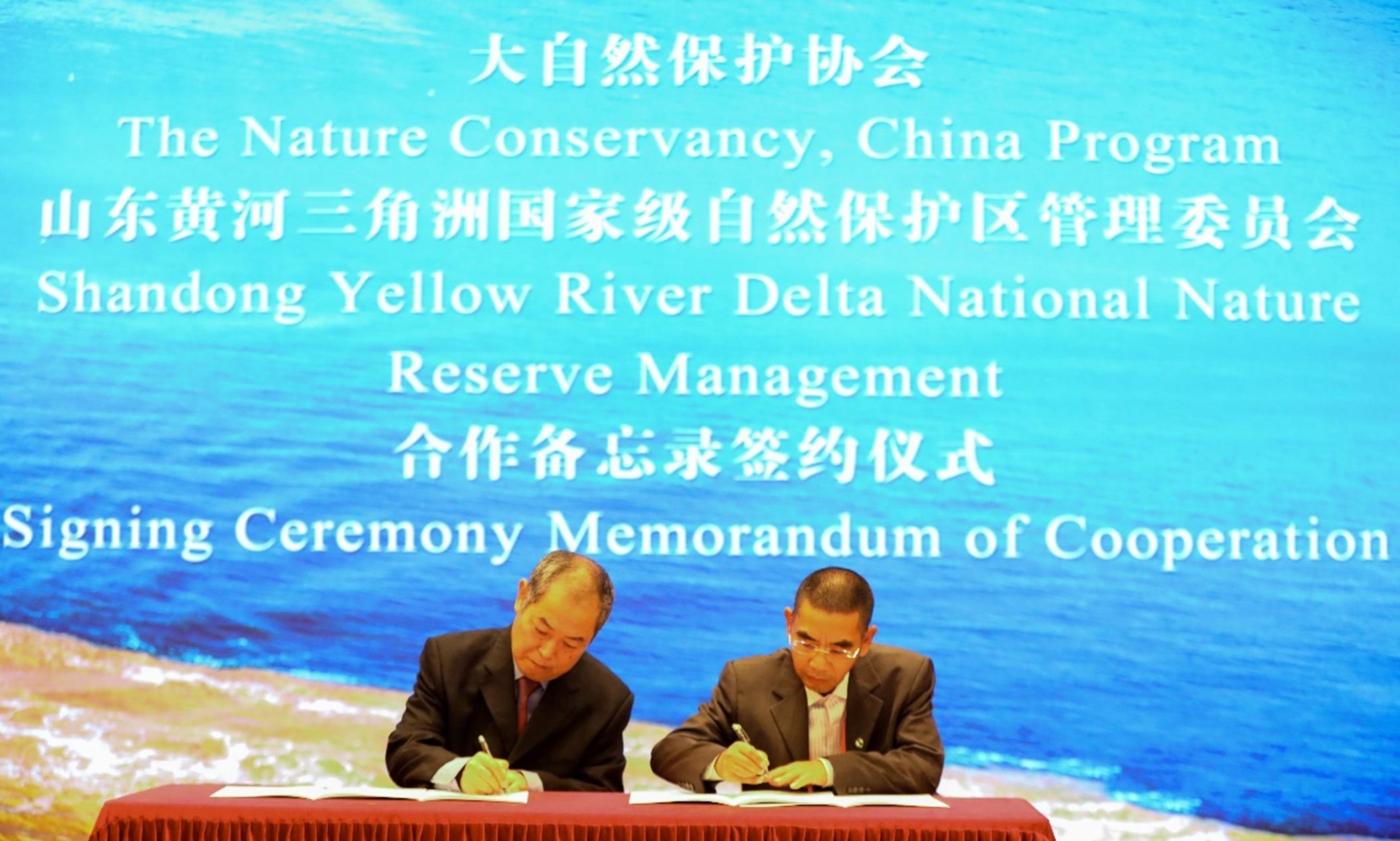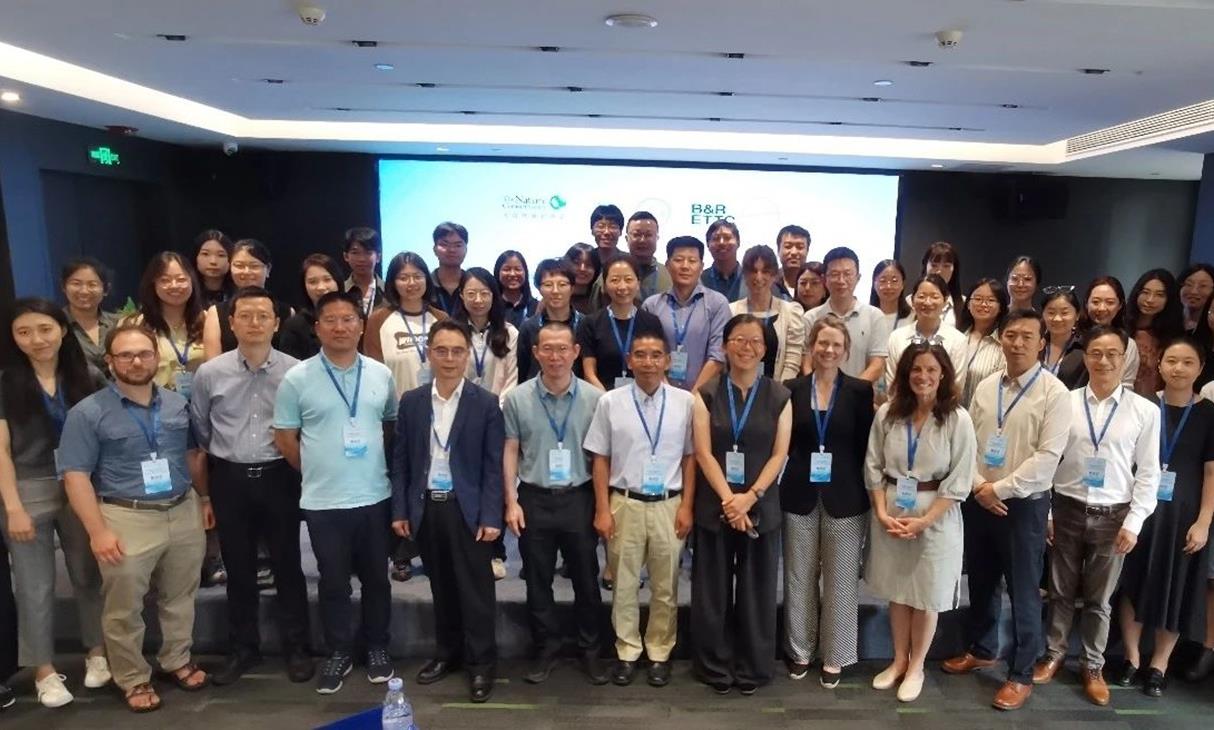Project Conclusion ofMitigation Potential in China’s Wetlands
- 日期:2024.01.10
- |
- 来源:tnc

The Closing Meeting Photographer:Jia Yue/TNC
In the afternoon of December 25, 2023, the closing meeting of the project"Mitigation Potential in China’s Wetlands"was held in The Nature Conservancy (TNC) Beijing Office. Jointly launched by TNC and Yunnan Green Environment Development Foundation at the end of October 2022, the project, aims to evaluate the mitigation potential of greenhouse gases in inland marsh/peat and coastal ecosystems of China up to 2060, and to provide support for the development of policies and actions of wetland conservation and restoration for reducing GHG emissions and/or enhancing carbon removals from wetland in China. The TNC China project team and experts from the Chinese Academy of Forestry, the National Climate Center of the China Meteorological Administration, the Institute of Atmospheric Physics of the Chinese Academy of Sciences, the College of Life Sciences of the University of Chinese Academy of Sciences, and the Institute of Aerospace Information Innovation of the Chinese Academy of Sciences attended the project closing meeting.

Conclusion presentation by Zhang Xiaodong Photographer:Jia Yue/TNC
Dr. Zhang Xiaodong from the Chinese Academy of Forestry presented on the main results of the project on behalf of the research team, while researchers Zhu Jianhua and Kang Xiaoming introduced the project background, implementation process and follow-up work. According to the project report, the project has carried out a study on the current status of carbon storage and removals and methane emissions of China's inland marsh, coastal wetlands and peatlands, and predicted their trend for the period 2020-2060 under three scenarios, i.e., baseline (1995-2005), existing policy (2005-2015) and enhanced policy. The study drew the following conclusions including "increase of coastal wetland and restoration of degraded coastal wetlands can effectively enhance the carbon removals in wetland; effective protection and management of peatland can avoid soil organic carbon loss; need to quantify the carbon enhancement potential of degraded wetland restoration and to strengthen monitoring of long-term effects."
The attending experts commented on the findings, and they all agreed that the project had filled a research gap in related fields and was of great significance. While their comments touched upon many aspects of the studies such as key concepts, research methodology, data sources and uncertainties, they unanimously agreed that the research can be closed.




